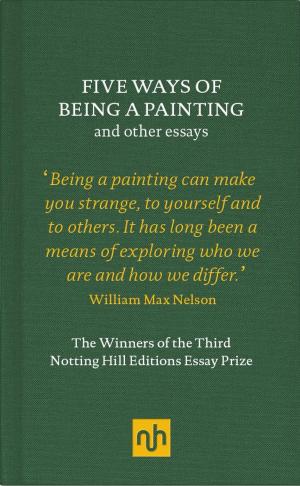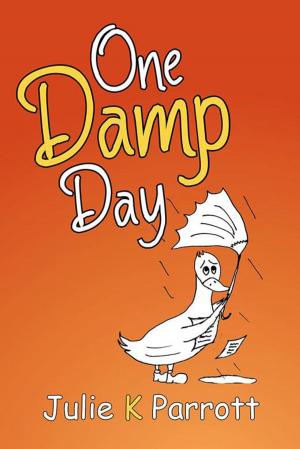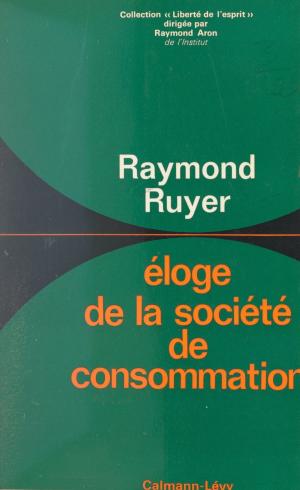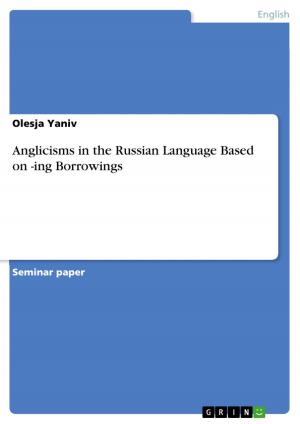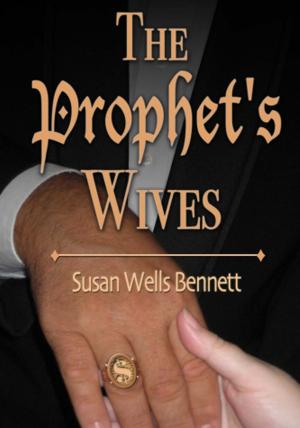| Author: | Laird Stevens | ISBN: | 9780986706639 |
| Publisher: | Laird Stevens | Publication: | October 24, 2012 |
| Imprint: | Smashwords Edition | Language: | English |
| Author: | Laird Stevens |
| ISBN: | 9780986706639 |
| Publisher: | Laird Stevens |
| Publication: | October 24, 2012 |
| Imprint: | Smashwords Edition |
| Language: | English |
Early in the first chapter of Paradise Lost, twelve-year-old Lewis discovers something essential about adults: "However much posturing they did, however they might pretend otherwise, however indignantly they might defend themselves, I knew that adults were fallible." They will believe anything: that sex is bad, that God exists, that God doesn't exist, that patriotism is good, that virginity is good, that girls are inferior to boys--they will believe anything that other people believe.
Lewis cuts through that with an axe. "If you had an opinion of some kind, I wanted the reasons for it, and I didn’t want them hidden away: I wanted them right there, in your hand, marshalled and battle-ready." He will not believe without evidence. He is a firm agnostic. He would love to believe in God, and he would love not to believe in God, but there is no evidence that compels him either way. So he makes up his own ethical system, and in that system, pleasure is good (if it doesn't hurt others) and condemnation of pleasure is stupid. What matters most is being free to find one's own sources of pleasure.
The novel goes everywhere Milton goes, but never has the same answer. God is irrelevant. Women are in every sense equal to men, and in terms of their courage and strength, usually superior to men, because they are the ones who give birth to children. Sexual desire is normal, healthy and good for both women and men. Evil is not a Satanic plot, but the result of people believing in their own infallibility. We don’t need God, because we ourselves are powerful gods, creating our own lives, but we must realize that our powers are limited, and we must be humble gods. Paradise is neither a place irrevocably lost nor an eternal destination. Paradise is life itself.
But paradise is nevertheless easily lost. People are damaged by circumstances, by each other, and by their own lack of self-awareness. Their lives become the opposite of paradise. Paradise is lost, too, when people turn away from life, and seek something greater. And finally, paradise is lost when we fail to preserve the past. Our paradise then fades into nothingness.
However, if we recognize that life is the ultimate goal, and value the present above everything else, and keep the past alive as best we can, then paradise is something that can be regained.
Early in the first chapter of Paradise Lost, twelve-year-old Lewis discovers something essential about adults: "However much posturing they did, however they might pretend otherwise, however indignantly they might defend themselves, I knew that adults were fallible." They will believe anything: that sex is bad, that God exists, that God doesn't exist, that patriotism is good, that virginity is good, that girls are inferior to boys--they will believe anything that other people believe.
Lewis cuts through that with an axe. "If you had an opinion of some kind, I wanted the reasons for it, and I didn’t want them hidden away: I wanted them right there, in your hand, marshalled and battle-ready." He will not believe without evidence. He is a firm agnostic. He would love to believe in God, and he would love not to believe in God, but there is no evidence that compels him either way. So he makes up his own ethical system, and in that system, pleasure is good (if it doesn't hurt others) and condemnation of pleasure is stupid. What matters most is being free to find one's own sources of pleasure.
The novel goes everywhere Milton goes, but never has the same answer. God is irrelevant. Women are in every sense equal to men, and in terms of their courage and strength, usually superior to men, because they are the ones who give birth to children. Sexual desire is normal, healthy and good for both women and men. Evil is not a Satanic plot, but the result of people believing in their own infallibility. We don’t need God, because we ourselves are powerful gods, creating our own lives, but we must realize that our powers are limited, and we must be humble gods. Paradise is neither a place irrevocably lost nor an eternal destination. Paradise is life itself.
But paradise is nevertheless easily lost. People are damaged by circumstances, by each other, and by their own lack of self-awareness. Their lives become the opposite of paradise. Paradise is lost, too, when people turn away from life, and seek something greater. And finally, paradise is lost when we fail to preserve the past. Our paradise then fades into nothingness.
However, if we recognize that life is the ultimate goal, and value the present above everything else, and keep the past alive as best we can, then paradise is something that can be regained.




